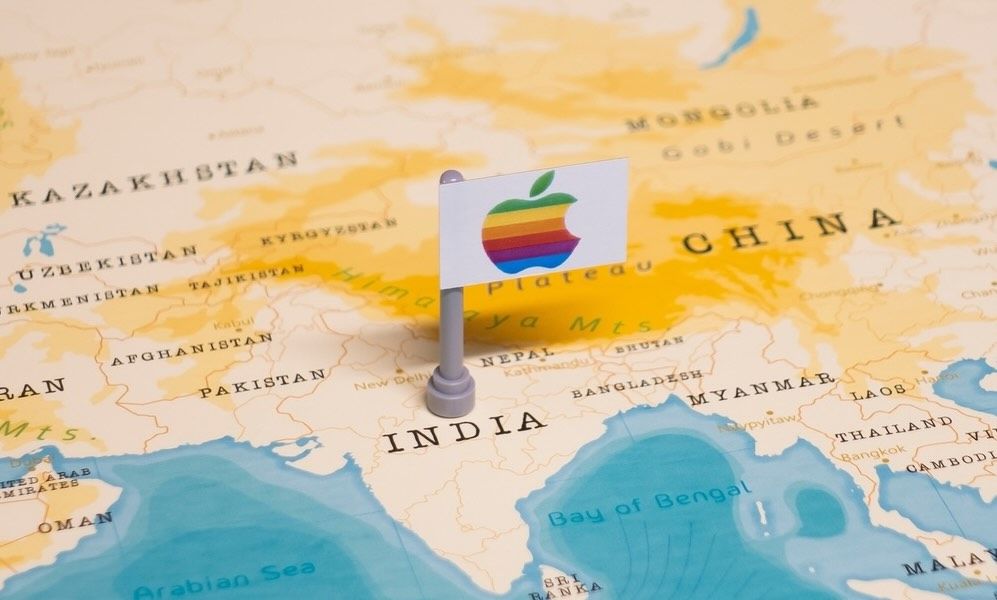India’s Government Pressing for Answers about October iPhone Hack Alert
 Credit: hyotographics / Shutterstock
Credit: hyotographics / Shutterstock
Toggle Dark Mode
India’s government is pressing Apple for more information about an October 2023 hack warning that popped up on iPhones in India. The government says Apple has not provided enough information about the warning.
In October, Apple warned independent journalists and opposition politicians in India of possible hacking activity by government-supported hackers. At the time, Prime Minister Narendra Modi’s government officials responded to the alert by targeting Apple rather than addressing concerns about the alleged attack.
The Times of India says Indian officials pressed Apple about why the alleged hacking of the devices happened and had asked Apple two “simple questions” in an attempt to find the answer.
Rajeev Chandrasekhar, the Minister of State for Electronics, said that the government had asked Apple are their devices secure, and if so, why was the alert sent to opposition members
“In my view, no proprietary platform will fully admit to having vulnerabilities in their platform. There’s a tendency in any platform to deny the existence of vulnerabilities,” he said.
The government claims Apple did not provide satisfactory answers.
“They’ve provided a number of clarifications, including one on the same day stating that this has nothing to do with a state actor,” Chandrasekhar said. “But we pushed them further: if it has nothing to do with a state actor, then what is this notification?”
Chandrasekhar notes that the Indian government doesn’t have the necessary expertise to understand what goes on under the hood of an iPhone.
“We certainly don’t have the R&D (research and development) capability in the government to understand what’s in the iOS and what’s not, and Apple certainly isn’t going to disclose its proprietary technology to us. So we contacted them,” Chandrasekhar added.
A December report from Amnesty International said the Bharatiya Janata Party (BJP) publicly investigated Apple’s threat detection algorithms, initiating an investigation into Apple device security.
Senior officials from the Indian Prime Minister’s cabinet privately put pressure on Apple’s India representatives to downplay the warnings. Despite increasing pressure from the Indian government, Apple held fast on the warnings.
Apple’s alerts went to included journalists and politicians, many critical of Modi or his ally Gautam Adani.
“Our latest findings show that increasingly, journalists in India face the threat of unlawful surveillance simply for doing their jobs, alongside other tools of repression including imprisonment under draconian laws, smear campaigns, harassment, and intimidation,” said Donncha O Cearbhaill, Head of Amnesty International’s Security Lab. “Despite repeated revelations, there has been a shameful lack of accountability about the use of Pegasus spyware in India, which only intensifies the sense of impunity over these human rights violations.”
For its part, the Indian government has refused to comment on its alleged use of spyware and also refused to cooperate with a Supreme Court-appointed committee that is investigating these issues. Meanwhile, evidence of the government’s targeting of journalists and opposition party members continues to pile up.
Apple considers India to be a crucial market for its products and is walking a tightrope to avoid offending the Indian government, which claims to want to attract major electronic manufacturers as part of an effort to boost economic growth in the Asian country.







